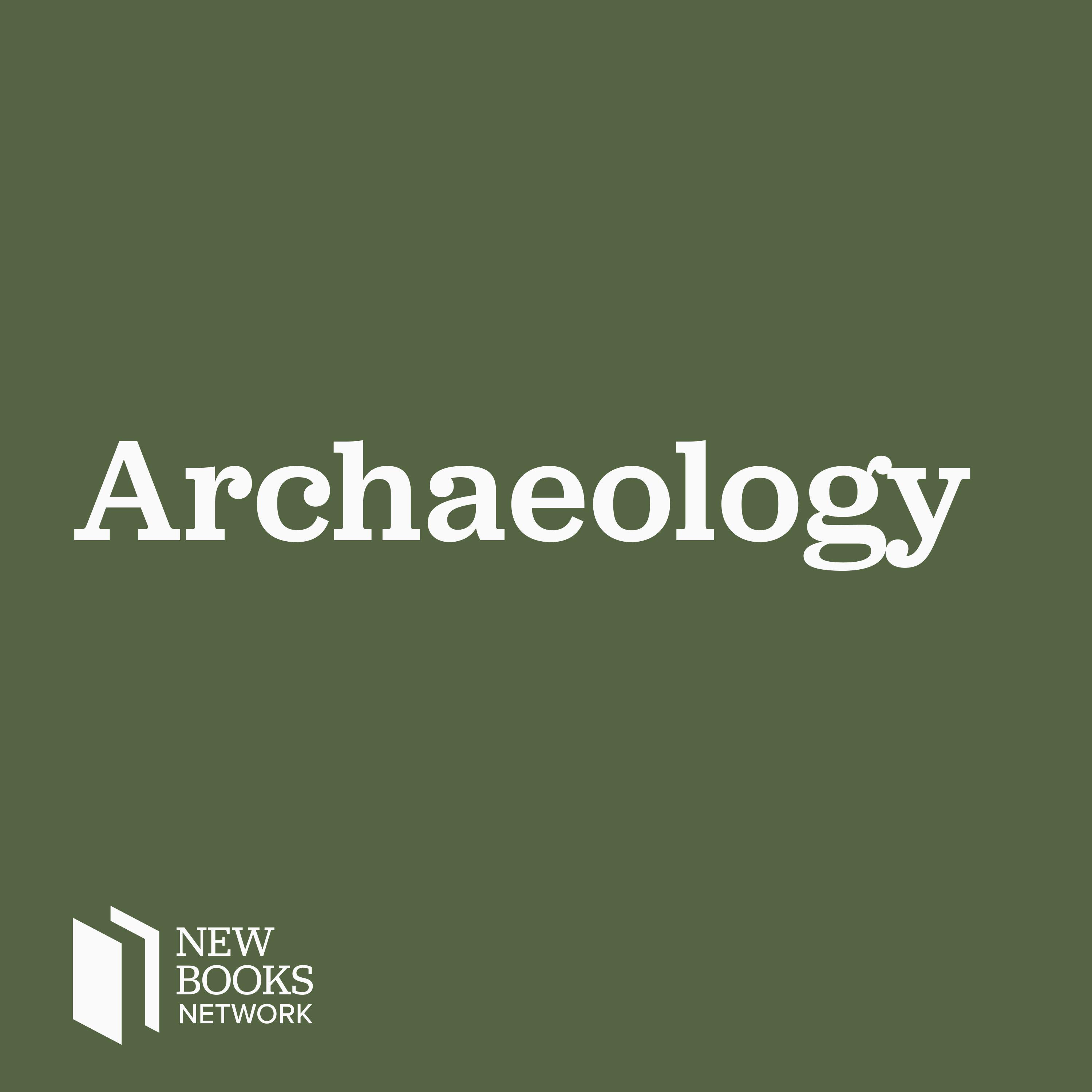Jonathan Downs, "Discovery at Rosetta: Revealing Ancient Egypt" (American University in Cairo Press, 2020)
Description
In 1798, young French general Napoleon Bonaparte entered Egypt with a veteran army and a specialist group of savants—scientists, engineers, and artists—his aim being not just conquest, but the rediscovery of the lost Nile kingdom. A year later, in the ruins of an old fort in the small port of Rosetta, the savants made a startling discovery: a large, flat stone, inscribed in Greek, demotic Egyptian, and ancient hieroglyphics. This was the Rosetta Stone, key to the two-thousand-year mystery of hieroglyphs, and to Egypt itself. Two years later, French forces retreated before the English and Ottoman armies, but would not give up the stone. Caught between the opposing generals at the siege of Alexandria, British special agents went in to find the Rosetta Stone, rescue the French savants, and secure a fragile peace treaty.
Jonathan Downs' book Discovery at Rosetta: Revealing Ancient Egypt (American University in Cairo Press, 2020) uses French, Egyptian, and English eyewitness accounts to tell the complete story of the discovery, decipherment, and capture of the Rosetta Stone, investigating the rivalries and politics of the time, and the fate of the stone today.
Madhumanti Datta completed her PhD in Linguistics from the University of Southern California, USA. Her primary research area is the syntax of human languages, focussing on what possible and impossible structures in human language tell us about how linguistic structures are built, how meaning is represented and about the knowledge of grammar that speakers of a language intuitively possess. She is interested in issues surrounding language, both from the social and cultural perspective as well as from the biological perspective of language as a window into human cognition.
Learn more about your ad choices. Visit podcastchoices.com/adchoices
Support our show by becoming a premium member! https://newbooksnetwork.supportingcast.fm/archaeology
More Episodes
Archaeology as a discipline has undergone significant changes over the past decades, in particular concerning best practices for how to handle the vast quantities of data that the discipline generates. As Shaping Archaeological Archives: Dialogues between Fieldwork, Museum Collections, and...
Published 05/19/24
Published 05/19/24
In Xiongnu: The World’s First Nomadic Empire (Oxford UP, 2024), Bryan K. Miller weaves together archaeology and history to chart the course of the Xiongnu empire, which controlled the Eastern Eurasian steppe from ca. 200 BCE to 100 CE. Through a close analysis of both material artifacts and...
Published 05/01/24


